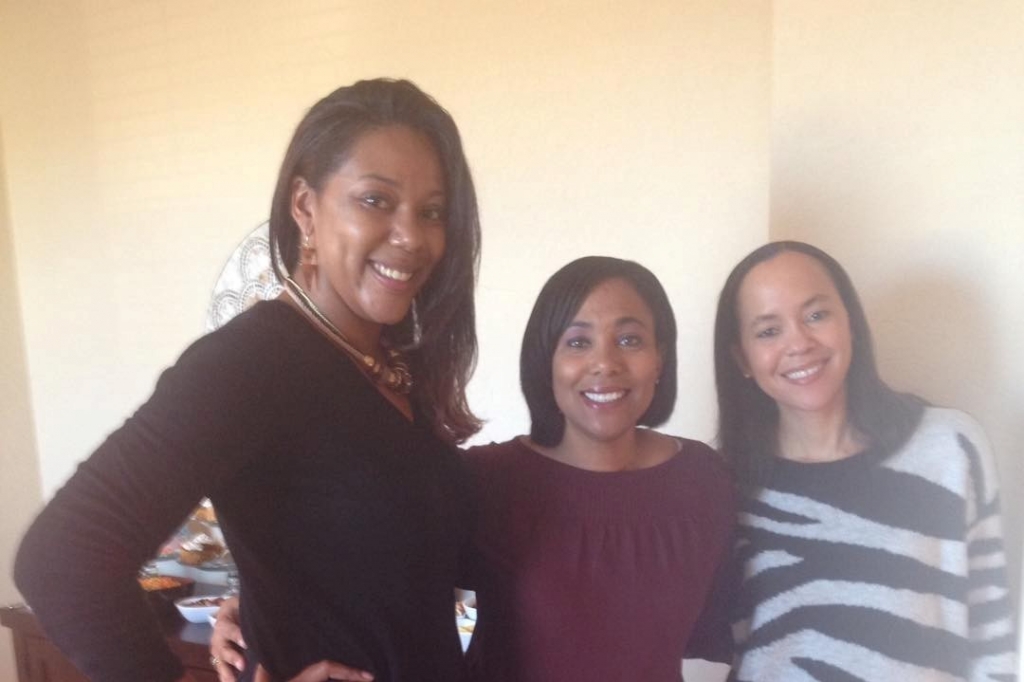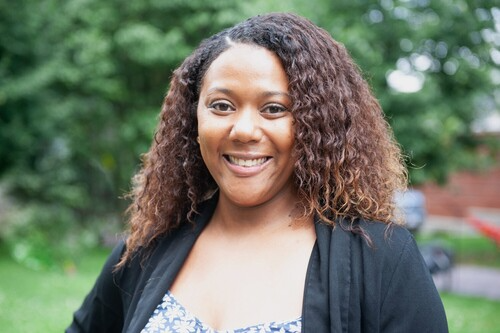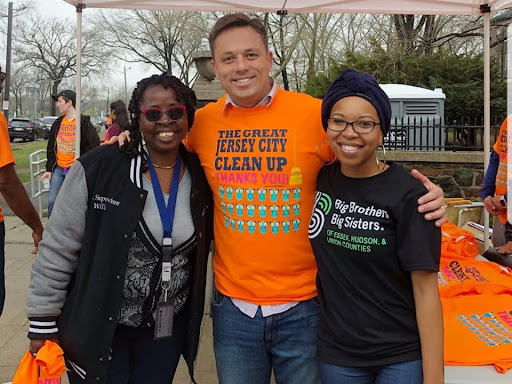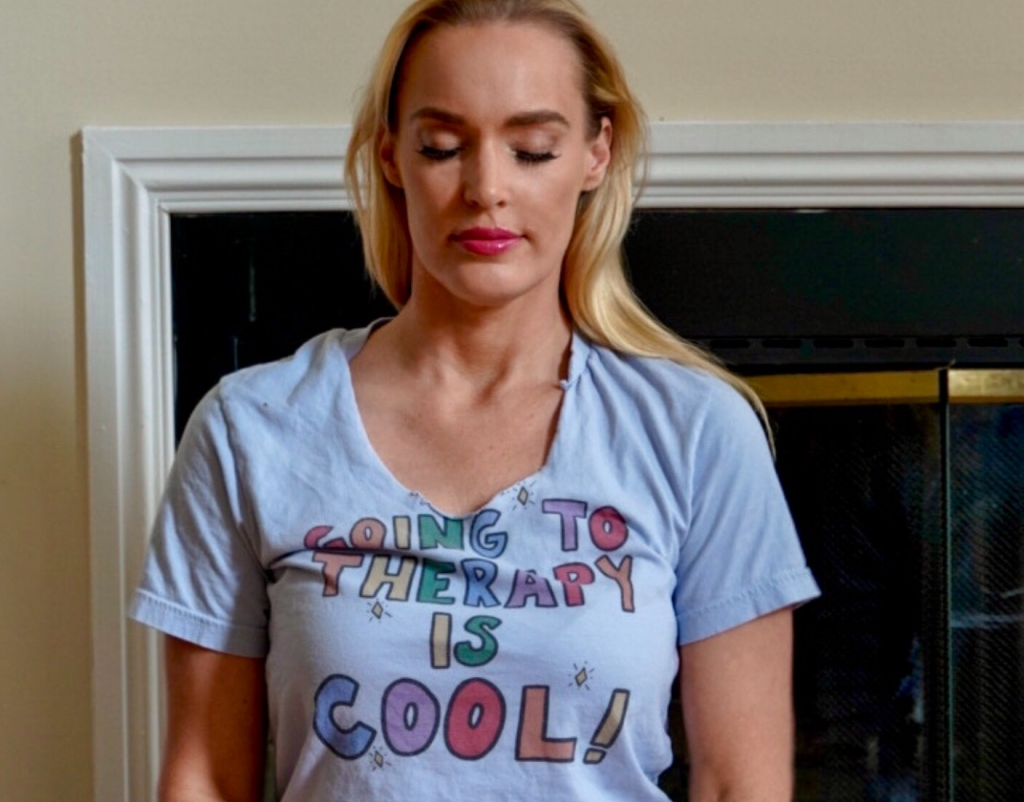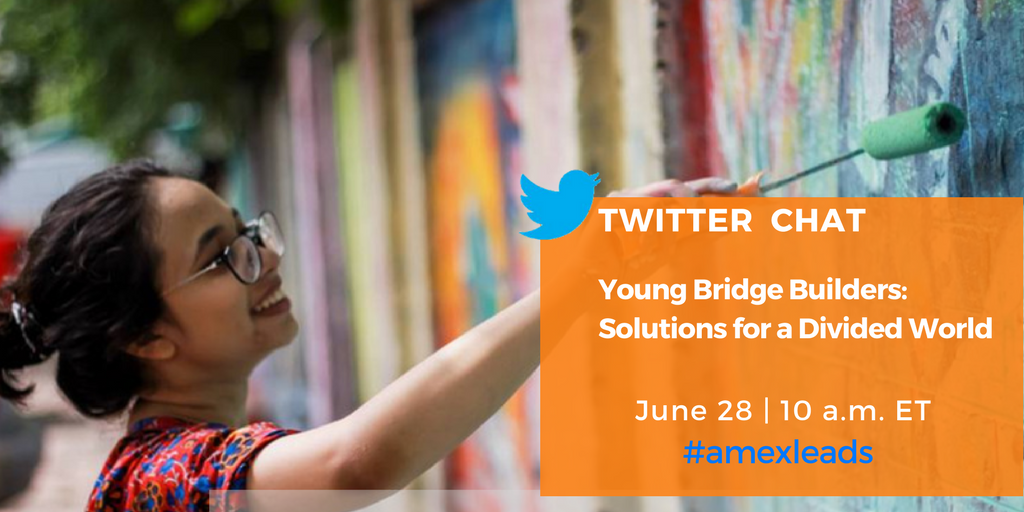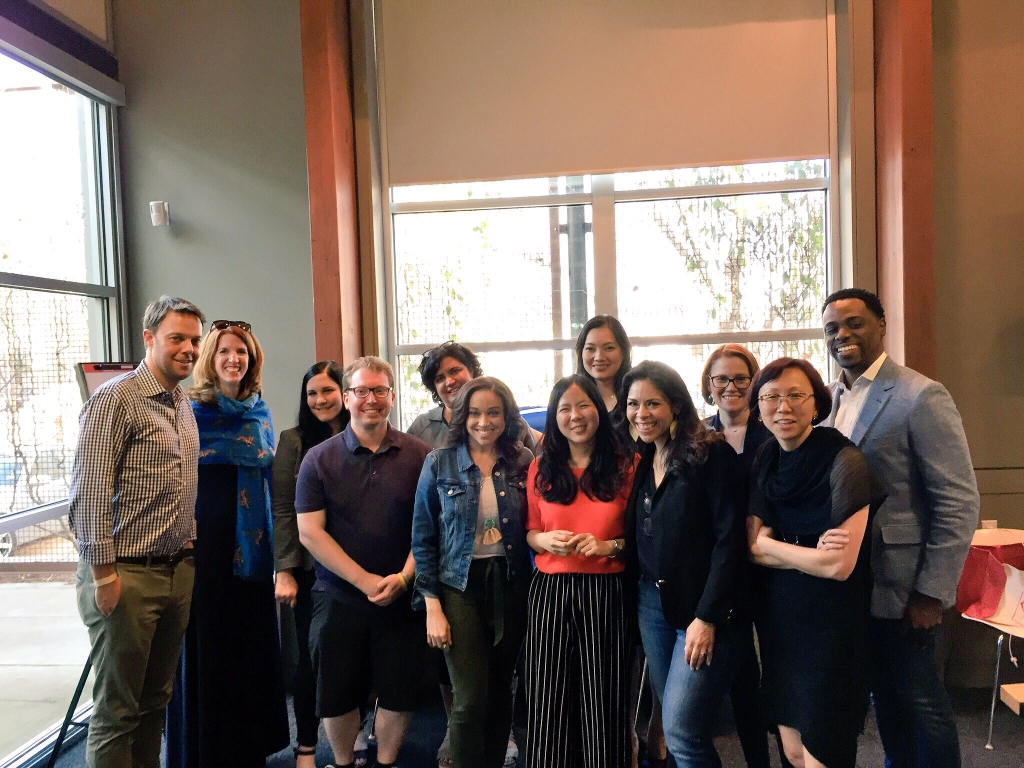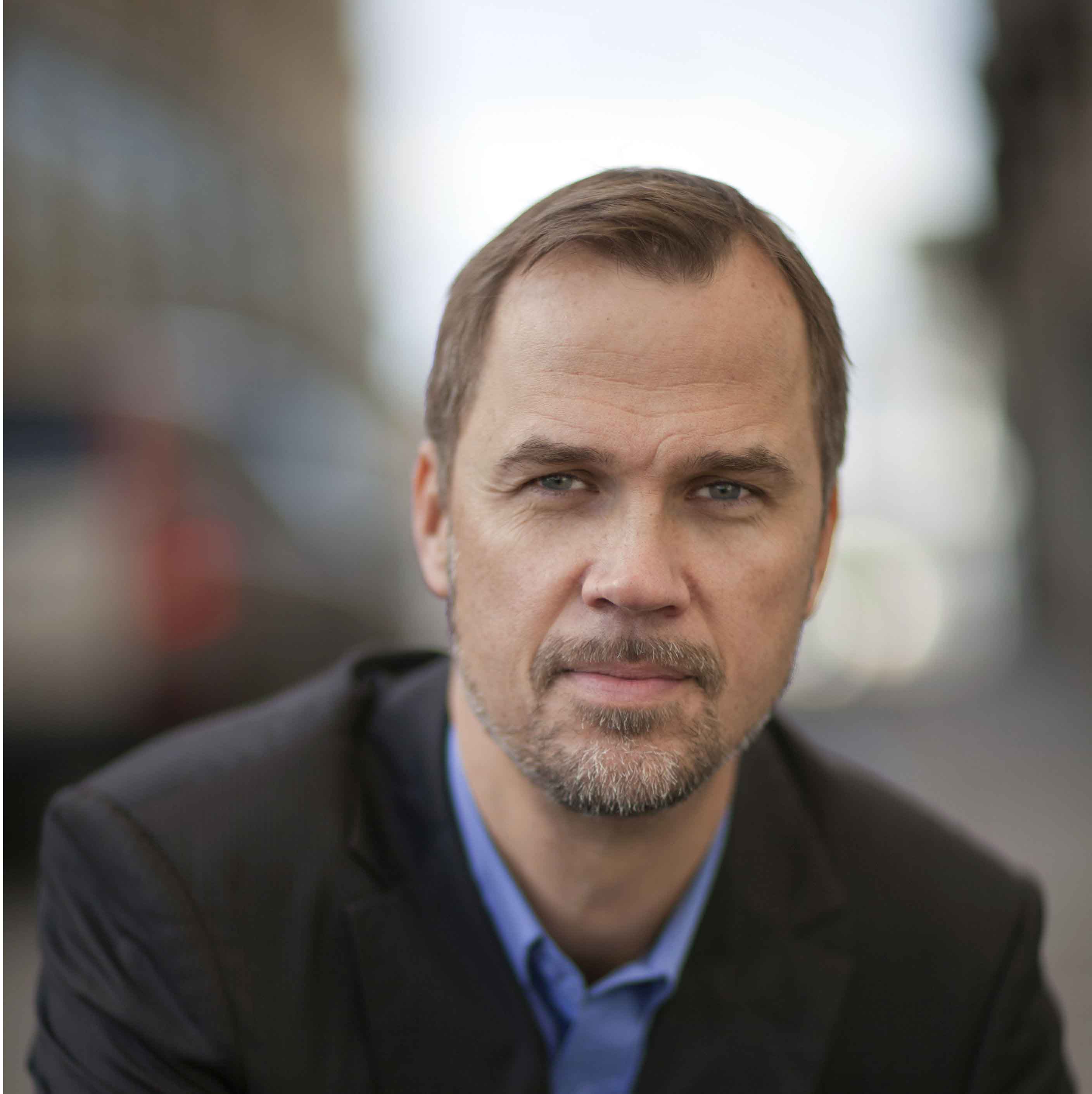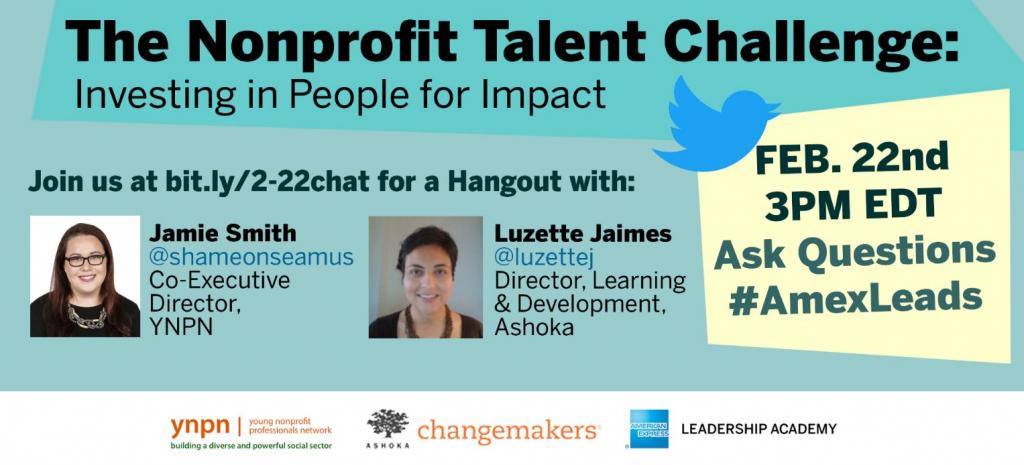
For social purpose organizations, people are our bottom line. Yet it’s not always easy to create a culture that supports ongoing professional development. How do we set aside resources, make the case to our Boards or investors, and identify the most effective supports?
Jamie and Luzette shared their insights both as experts who support organizations in the nonprofit sector and as key staff responsible for learning and talent development within their own organizations. They talked abut what it takes to create a culture of leadership development as an essential part of achieving impact. They shared trends and research, and their own insights and “failing forward” moments that nonprofit, for-profit and hybrid organizations can learn from. A few highlights from the discussion are included below the recording.
On Leadership in a Challenging Context
In the United States and globally, this is a time of chaos and uncertainty. Resources are tight and likely to get tighter—but despite –or because of –these challenges, both agreed, “There is no better time to invest in our people.”
“When conditions are evolving rapidly, and when your communities are in crisis, you want people who are highly skilled and courageous,” Jamie said.
And yet, as Luzette noted, “Systems often resist the things they need the most in order to evolve.”
Redefining Leadership: New Ideas, New Metrics
Jamie: “When we talk about talent development, we often talk about hard skills – and it is important to know how to fundraise, to put together a great communications plan or facilitate an excellent training – but we're also reaching a point as a sector as we operating in these conditions where we need some personal characteristics like courage and resilience.
I was talking to someone about professional development goals, they're in for-profit, and I said I'm at the point in my career where the way I get better at my job is by trying to be a better person. It’s not that there aren't hard skills I need to learn, but a lot is about how I show up for the work, and show up for the people around me."
Luzette: "Ashoka focuses on sharing the message of the importance of creating a world here everyone is an agent for positive social change. In order to do that we really need to embody the skills of empathy, put myself in the shoes of others. Then I also need to have leadership that ignites my intention towards leading for a solutions that enables others to engage. It’s not only me telling people what to do but it’s me as a new leader nourishing this spoace and ecosystem so others can create solutions for themselves.
“Empathy, new leadership, the ability to work in teams is very important. We are looking into if people are aligned around a specific idea or challenge and know they want to contribute to the world then no matter whether they’re in corporate, business, or political or nonprofit structure, it can allow for that team to really give that shared vision."
Jamie: “We must talk about the systemic problems. We are at the point as a sector where I think about the March of Dimes and how they eradicated polio. We have solved many problems and now we're dealing, as a sector, with the really intractable systemic problems. The kind of leadership we needed is a collaborative leadership.”
Luzette: “Ashoka is creating a place where all of us as human beings can see the world differently so we can work differently. This is a time where of total transformation of the world and we need to get together to see what we can build together as human beings.
“We have climate change and we have so many issues that could be overwhelming for one person, but if we think about different groups cooperating and figuring out solutions it would be easier to understand and imagine that we can actually overcome these issues. The most important element is having a shared vision. Having a shared vision of where we want to go. We know that we want a world where everybody is a change maker and for that to happen we need every child to master empathy. Now, we get together and can ask, ‘What do we want to accomplish together as human beings?’ That is our shared vision.”
Jamie: We used to think of employees as human resources or commodities, almost cogs in a machine, but we’re now thinking of the whole human. At YNPN, we create space for people who are part of our network to bring their whole selves to work, and take ownership of their own development.
“What we are seeing from our network and members is that ownership piece is really critical and it is often the vital shift needed to shift the perspective from, ‘No one is investing in me’ to taking these opportunities for themselves. This doesn’t release organizations from responsibility to invest in staff but does transfer it back to staff to lead as well.
Luzette: “We find that what works best in our network is to use a Distributed leadership model that includes even those directly facing or challenged by the issues we’re working on. If we create the ecosystems where people can have power, be part of team, then things shift. Development is no longer owned by HR, I can own it.”


